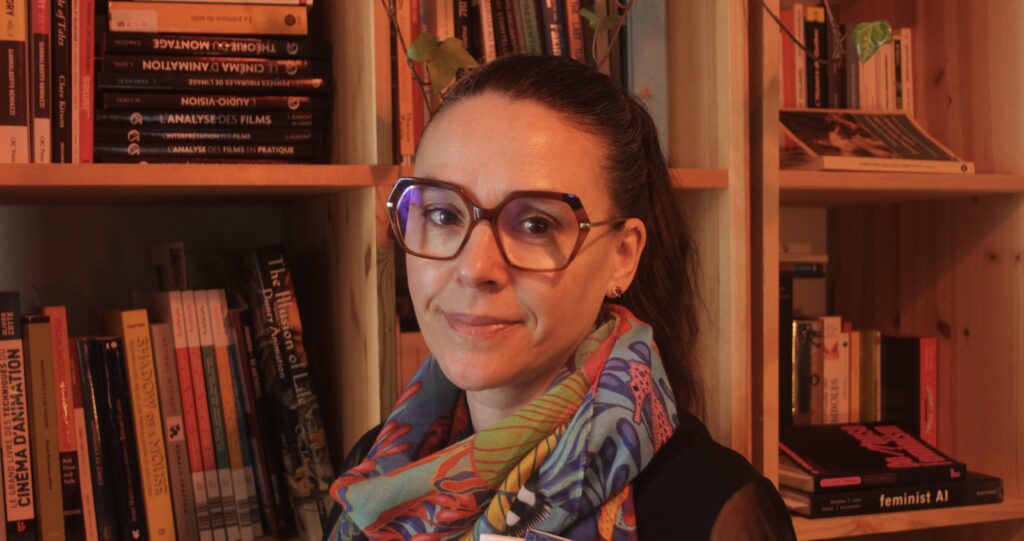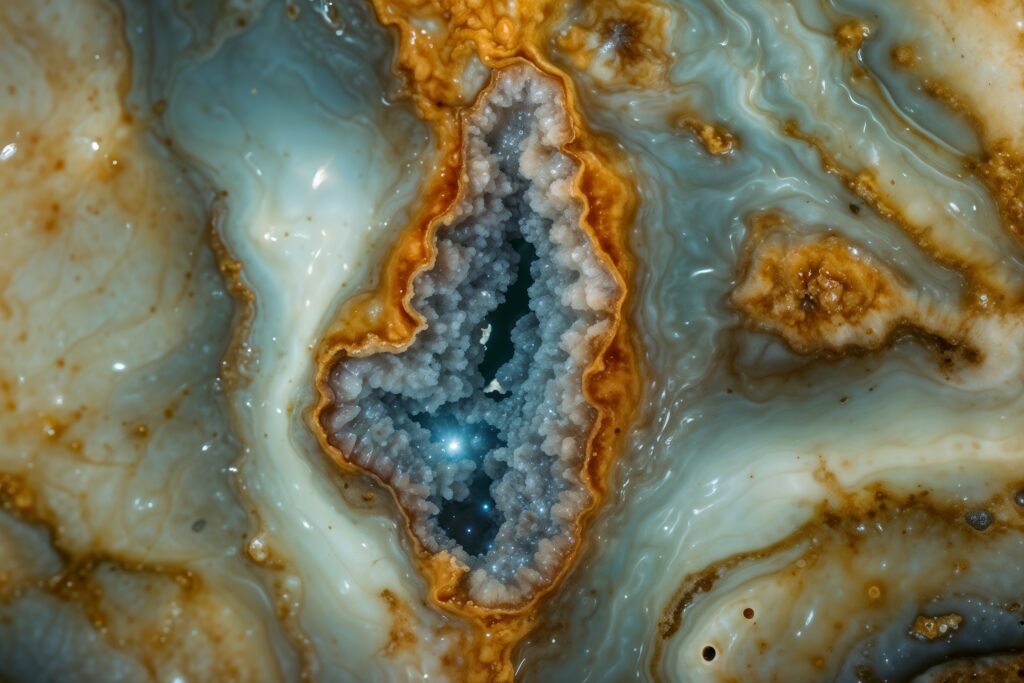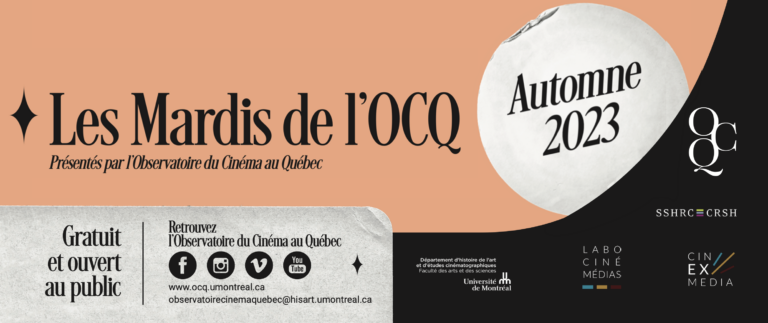Marie-Josée Saint-Pierre’s upcoming short film will address the depiction of women’s bodies and their sexualities from a feminist perspective, and employs artificial intelligence.

Lou Andrysiak
Marie-Josée Saint-Pierre is a filmmaker who was also appointed an assistant professor at Université Laval nearly four years ago. For the first time, she has teamed up with her colleague François Girard and a group of female students to make a short film. Their project, supported by cinEXmedia and the Fonds de recherche du Québec - Société et culture, focuses on women’s sexual desires and draws on feminist (pro-sex) pornography.
“Pornography may be the most polarizing topic for feminists”, Saint-Pierre explains. Some people would like to see it disappear, while others wish to use it to depict different aspects of female desire. “In Quebec, there has always been repression and taboos around sexual pleasure, especially women’s, in large part because of the importance of Catholicism”, she points out. With her film, she hopes to make discourse on the topic less hung up and polarized.
In addition, animated film is a particularly effective tool in this respect because of its popularity among young audiences. As a result, Saint-Pierre, a member of cinEXmedia, emphasizes the importance of studying it – and, in the present case, producing it – in a university setting: “Animation in universities and in scholarly circles … is to a great extent a little understood and even scorned discipline. Often associated with young audiences, it falls to the bottom of the artistic hierarchy”.
The Challenges of Artificial Intelligence
Saint-Pierre also hopes to incorporate images generated using artificial intelligence (AI), which may be animated, into her short film, which is currently in pre-production. This will give the film a political and educational dimension, she says, because AI is going to “profoundly alter society”. This is also why she would like to incorporate it into this project, made in a university setting. In this way, she believes she can better prepare students for the future realities of the job market.
Using AI in this manner brings with it its share of challenges, however. She points out from the start that with most search engines it is impossible to generate images using keywords such as “sex” or “vulva”. She must therefore find creative solutions to get around this censorship.

We should point out that this film, intended for viewers twelve years of age and older, is meant in particular to be “experiential”, meaning above all that it seeks to educate viewers. It will thus not show crude images to excite the audience. On the contrary, “the goal of the animation is to be able to take an idea and to illustrate it with an image, a metaphor, a metamorphosis”, she explains. “Every person who sees the film will understand something different. Young people will interpret things differently than adults with more experience”.
Longstanding Activism
Marie-Josée Saint-Pierre is a relatively young professor. Nevertheless, she has many years of experience working in animated film, having made nine short films. She also founded a production company, MJSTP Films, specializing in documentary animation, and has received several awards, such as two Jutra (today Iris) awards for best short or medium-length animated film for the films Les négatifs de McLaren (2006) and Jutra (2014).
The production phase of her next film should get underway this summer. “I’m going to be as activist as ever”, she remarks, emphasizing the political nature of her project. “It’s very important for me starting now to make only films with a feminist theme, because when you are a woman and make films you take on a certain privilege, that of having a voice”.
Confronted with inequalities and with the lack of cinematic depictions of female sexual pleasure, Marie-Josée Saint-Pierre now sees a powerfully feminist element in this having a voice: “I think that a woman becomes a feminist as soon as she is aware of the relations of domination, of the fact that she is not equal”.
Saint-Pierre is thus doing her utmost to put in place a “feminist methodology” which will enable her both to make her voice heard and to give voice to several other women. Her research-creation project appears to her to be even more vital in that it seeks to provide a “positive depiction of women’s sexuality and sexual pleasure”.

